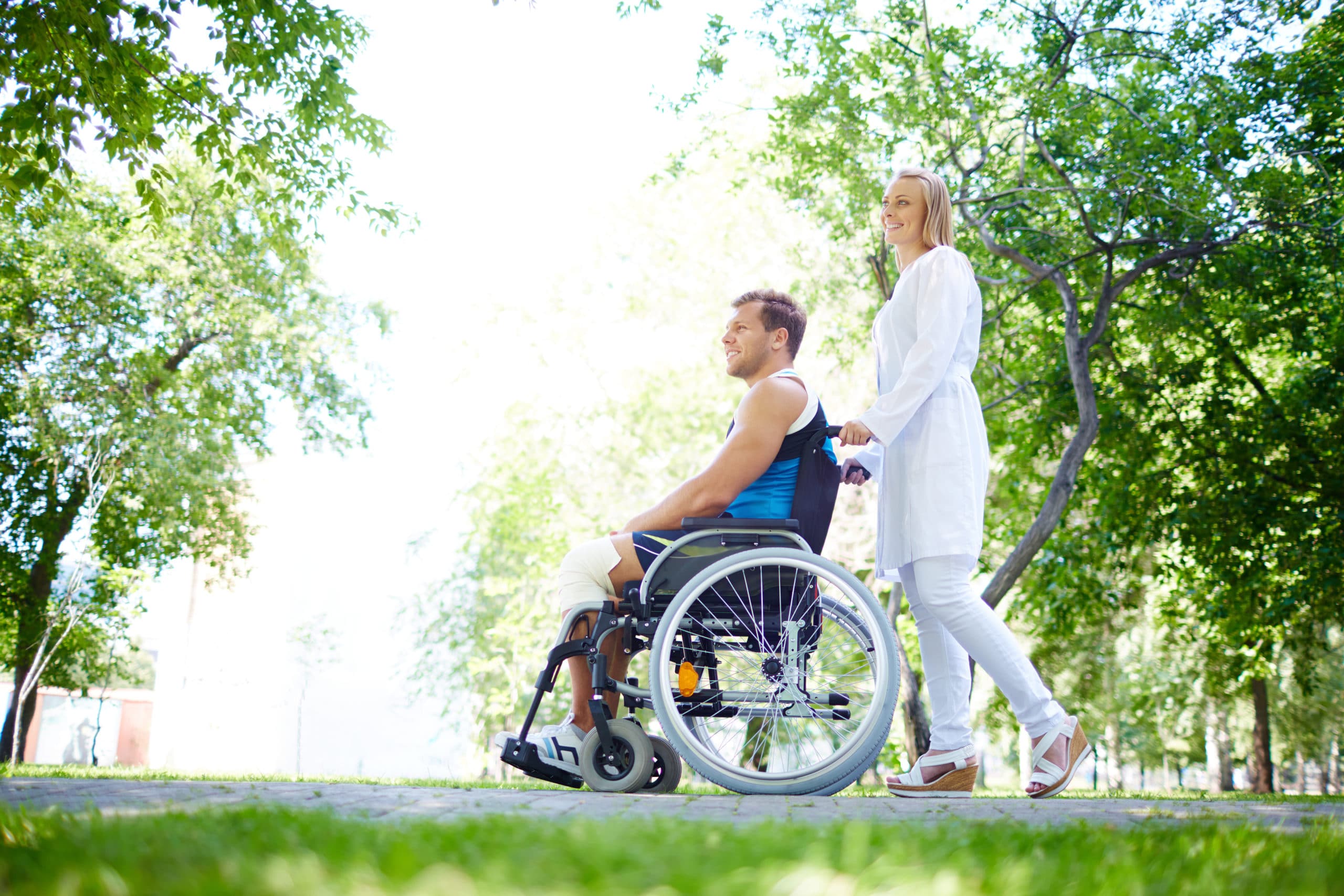Unless you or a loved one are affected by arthritis, you may not be all too aware of the condition and how it might feel. Whether you have recently been diagnosed with arthritis, or you are researching on behalf of a loved one, or perhaps you are just keen to learn more; we believe that the more you are educated on the condition, the better life can be for those living with it. We want to break down some of the most common misconceptions and contribute to a better education of arthritis, with the aim to make life easier for those living with it.

What is arthritis?
Arthritis is a very common condition that causes pain and inflammation in the joints, as well as restricting movement. According to NHS Data, more than 10 million people live with arthritis, or similar conditions in the UK alone. People often associate arthritis with the older generation and consider it a natural part of aging, but this is not the case, arthritis affects people of all ages, including children. There are over 10 types of arthritis, with osteoarthritis and rheumatoid arthritis being the two most common.
Nearly 9 million people in the UK live with osteoarthritis and it most commonly develops in people during their mid-40s upwards, however, it can occur at any age as a result of injury or other joint-related conditions or illnesses. In osteoarthritis, the protective cartilage on the ends of your bones begins to break down, which causes pain, swelling and restricted movement.
Rheumatoid arthritis affects more than 400,000 people in the UK and often occurs in people between 40 and 50 years old, especially women, who are three times more likely to be affected than men. Rheumatoid arthritis is an autoimmune condition which means that instead of fighting infection, your immune system attacks the cells that line your joints, which causes them to be painful, swollen and stiffen up.
Other types of arthritis include: ankylosing spondylitis, cervical spondylosis, fibromyalgia, lupus, gout, psoriatic arthritis, enteropathic arthritis, polymyalgia rheumatica, reactive arthritis and secondary arthritis.

How do I know if I have arthritis?
Due to the wide-ranging types of arthritis, the symptoms differ between each type and the person affected by the condition. If you have one or more of the symptoms below, we recommend contacting your GP promptly to receive an accurate diagnosis and rule out other conditions.
Symptoms of arthritis can include:
- Painful and tender joints
- Swelling and inflammation in and around the joints
- Restricted movement, starting in the joints
- A warm, red patch of skin around the affected joint
- Weakness in the muscles, or a sudden loss of muscle mass
Living with arthritis
Arthritis can have a tremendous effect on the person living with it; it can affect you both physically and emotionally, and can often cause a loss in confidence. Once you have been diagnosed with arthritis, you and your GP can look into an appropriate treatment plan, including medication to manage pain and relieve inflammation, physiotherapy to help you maximise your movement and surgery to restore function in joints. This can seem like a daunting process, but with the support of loved ones and healthcare professionals, you needn’t face these decisions alone.
Depending on the severity of your condition, we understand that you may be having difficulty with your everyday routines, such as personal care, cooking and work. If your symptoms are disrupting your lifestyle, there are many different home care options available to you, supporting both your practical day-to-day needs, and emotional support when you need a listening ear.
You can apply for a needs assessment, which is carried out by social services and they assess what you need to make life easier. From the assessment, you can be provided with funding for things like healthcare, equipment or adaptations in your home, as well as help in the home.
Alternatively, many families are choosing to get support in the home directly from a care provider, which gives you complete control over the type of assistance you receive and the person that delivers it. Here at Helping Hands, we have over 30 years of experience caring for people and their families in their own home, and we focus on tailoring every care plan around you and your needs.
With arthritis care from Helping Hands, we’ll support you with everything from your pain management to mobility, but we’ll also help you feel more confident doing your usual routines and getting out of the house. We know arthritis can affect your confidence just as much as your movement, but with a helping hand, you needn’t worry – we’re here for you.
For more information, please call 0330 029 8699 or request a callback and we will call you.
Page reviewed by Carole Kerton-Church, Regional Clinical Lead on November 23, 2021

